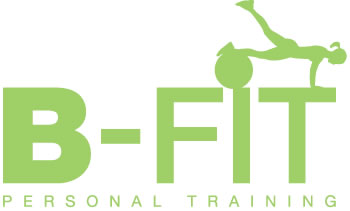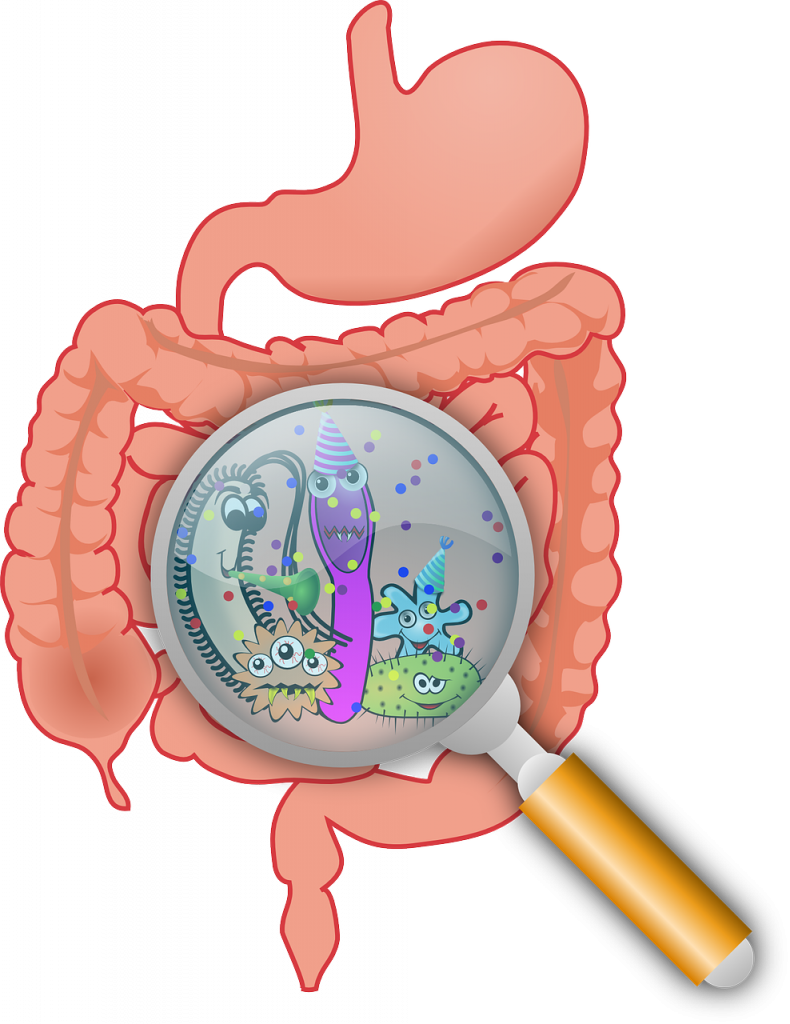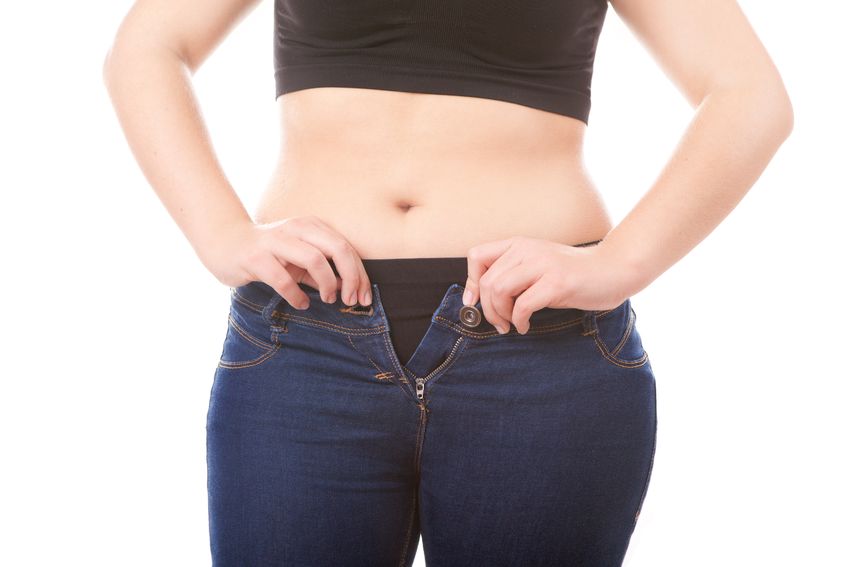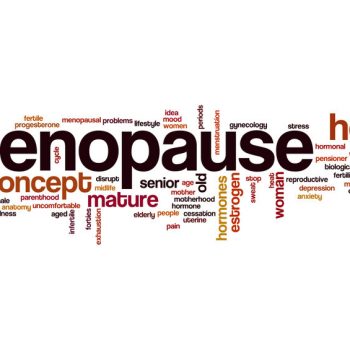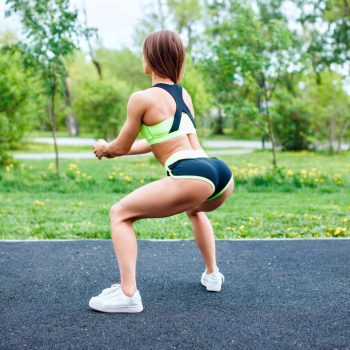Maintaining a healthy gut balance is an important foundation in keeping your wellbeing in balance, because the intricate ecosystem of microorganisms that live in our gastrointestinal tracts play a vital role in our overall health. From the nutrient absorption and digestion of the foods you eat to your immune system function, inflammation reduction and mental wellbeing, your gut microbiome’s influence extends far beyond the confines of your stomach and intestines.
Emerging research over the years has shown the importance of nurturing the gut environment, illuminating its profound impact on our physical health, cognitive function, and even our susceptibility to certain diseases. And as we unravel the intricate connections between our gut health and some of our body’s other functions, it becomes increasingly evident that nurturing a harmonious gut ecosystem is fundamental for promoting optimal vitality — and perhaps even your longevity.
But something you may not be aware of is that if you’re someone who has always hated exercise, or find it difficult to stay stimulated and inspired once you’ve started a regular routine, then it might not be a psychological challenge — it could be an imbalanced gut that is contributing to your lack of exercise motivation.
The Science Part
In a paper published in Nature back in December of last year, scientists studied mice to find the differences between those who move around more and those that don’t. And while they’ve found that genetics plays a minor role in whether or not they were active, it has also become evident that the health of the gut microbiome wielded significant influence over if they had an inclination to engage in more physical activity.
So, does this hypothesis also hold true for human beings? Well, the scientists believe so, which could offer an explanation as to why a considerable number of the population struggles to meet the recommended levels of physical activity. And while some might attribute this to factors like lack of time, energy or disinterest, it’s entirely possible that the trillions of microorganisms that live in your gut play a crucial role in whether or not you enjoy exercising.
The Gut-Brain Connection
The researchers also noticed that when mice are treated with antibiotics, it disrupts their microbiome, which can also happen to us humans. Because antibiotics also kill off the good bacteria in your gut, it affects the emotional sensation of pleasure that is associated with accomplishing tasks. This has led to speculation that the communication pathway between your gut and your brain may have evolved to link the initiation of physical activity with the nutritional state of your digestive system. What all this means is that your gut bacteria checks the contents of your colon, then sends a signal to the brain about the availability of any sufficient nourishment you have that would support a workout.
And although genetic influence can have some affect on your microbiome, this is a relatively minor occurrence. This means that it is your lifestyle choices that have the most significant impact on the composition of your gut microbiome. And while it will still take time to come to this conclusion with further human studies, the fundamental message is clear — a healthier microbiome could be the key to facilitating sustained motivation to exercise.
In an older study that involved only women, the researchers concluded that physical exercise itself has a big influence on the microbiome. Their observations showed that there was a positive correlation between exercise and an increased presence of bacteria, including F. prausnitzii and Roseburia hominis, which are known for their health-promoting properties in females. Those women who had lower levels of these bacteria suffered from metabolic conditions like obesity and type 2 diabetes.
So, it’s not just the feeling of accomplishment and better mental health that causes an inclination to exercise, but making the commitment to incorporate healthy habits like a balanced diet of natural whole foods and good quality supplements play a significant role as to why some individuals find pleasure in exercise while others do not.
The evolution of food production over the past few decades has introduced many challenges when it comes to eating well. Of course, the choices we are presented with have multiplied tremendously, but this expansion of food ‘on the go’ has come at a huge cost to our overall health. And while many people like to blame genetics as the primary reason that underlies the global issue of obesity, the reality is that the consumption of highly processed foods, as well as the shift in dietary patterns and lower levels of physical activity, has been a more potent influence on the deterioration of our gut microbiomes than on our genes.
Increasingly, food supplements are recognized as a dependable option for enhancing microbiome function. Nonetheless, outcomes remain diverse due to the inherent variability among individuals.
This means that learning how to embrace a holistic and wholesome lifestyle, including a nourishing diet of unprocessed, naturally and locally sourced whole foods, coupled with regular physical activity, can promote the restoration and upkeep of a healthy gut microbiome, no matter how old you are. In fact, this approach to living can actively support healthy aging and an easier, natural menopause.
Of course, implementing appropriate nutrition can be helped with supplementation, like Proactazyme, which is a plant-based full-spectrum enzyme that will help your stomach digest the food that you eat and will support in rebalancing and rejuvenating your gut microbiome.
CLICK HERE TO FIND OUT HOW PROACTAZYME CAN HELP IMPROVE YOUR GUT MICROBIOME
The intricate web of connections between our gut health, brain function and exercise motivation all combine to our overall sense of wellbeing. And that’s why it is up to each of us to have a proactive approach of taking responsibility for our own health. I promise you will be surprised at the immense potential this positive transformation will give to not only your body, but also your inner peace of mind.
Love, Gaynor x
